-

What is the exceptional events rule? The loophole letting U.S. regulators wipe air pollution from the record
First pushed through by the Republican senator and climate denier Jim Inhofe, the rule has become a “regulatory escape hatch” for states that want to meet federal air-quality standards.
-

FOIA the Mueller Report: What will the Special Counsel’s Office release?
It’s been just three days since Special Counsel Robert S. Mueller III passed his report on to Attorney General William P. Barr, and already Freedom of Information Act lawsuits are flying. Here’s what’s likely to be released and how you can follow along for instant updates on related requests.
-
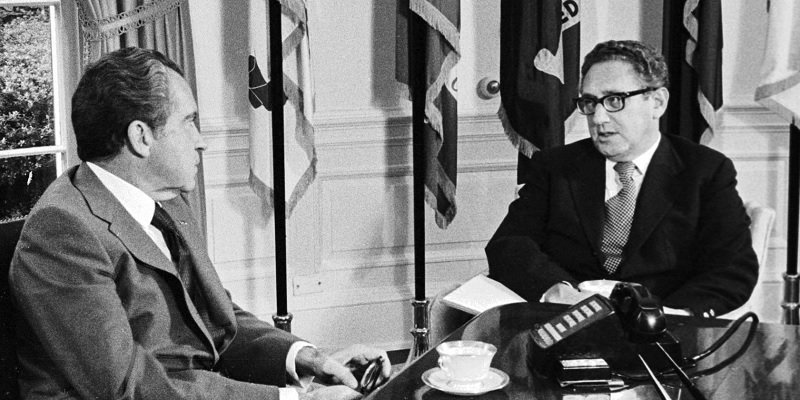
CIA’s report on the “The World Situation in 1970” shows a shift in focus towards soft power
The Central Intelligence Agency’s “The World Situation in 1970” report was a strange mixture of realistic concerns, candid admissions, and forced optimism. In one of its more realistically optimistic moments, the CIA reported that the Soviets believed “rational Americans” would want a stable Europe. In response, President Richard Nixon asked if anything could be done to “cause more trouble” instead.
-

CIA archives capture Richard Nixon’s failed 1958 “goodwill” trip to Latin America
The Central Intelligence Archives document then-Vice President Richard Nixon’s disastrous 1958 “goodwill” tour to Latin America, in which Nixon faced multiple mobs of angry protestors - and at least one surprisingly heavy soccer ball.
-
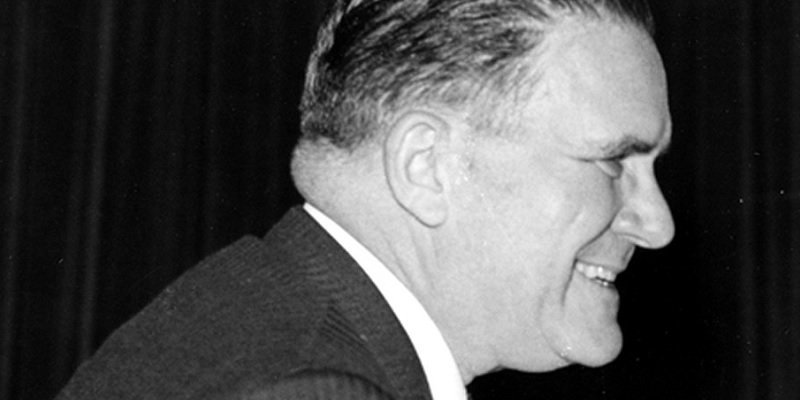
This week at the CIA: Director Roscoe Hillenkoetter congratulates James Webb on his State Department appointment
Memos show James Webb, who led the National Aeronautics and Space Administration for much of the ‘60s, regularly checked in with the Central Intelligence Agency as part of his roles at the State Department and NASA.
-

Brazil’s military dictatorship leaves a paper trail in the CIA archives
While Brazilian presidential front-runner Jair Bolsonaro’s overt embrace of authoritarianism may seem aberrant to many foreign observers, it differs only in degree from decades of United States influence in Latin America. Declassified Central Intelligence Agency and State Department records from the midst of the Brazilian military dictatorship reveal an official US policy of support for the very brutality Bolsonaro intends to revive.
-
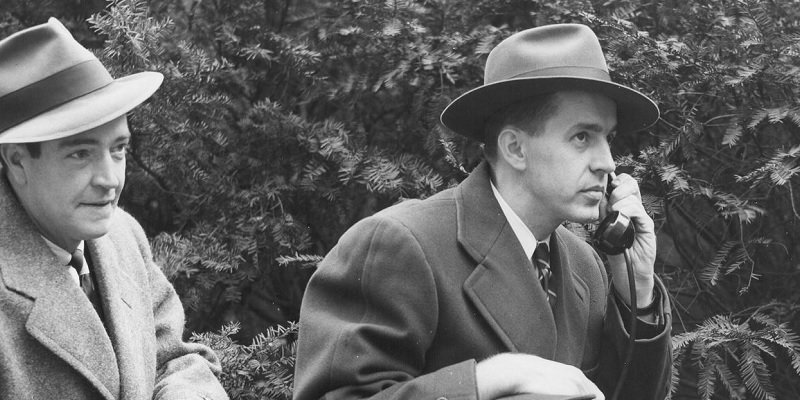
What is an FBI background check?
Last week, President Donald Trump ordered the Federal Bureau of Investigation to perform a renewed background check into Supreme Court nominee Judge Brett Kavanaugh in the wake of Christine Blasey Ford’s testimony before the Senate Judiciary Committee. Pulling from what we’ve seen over the years from other FBI files, here’s some context on what that means.
-
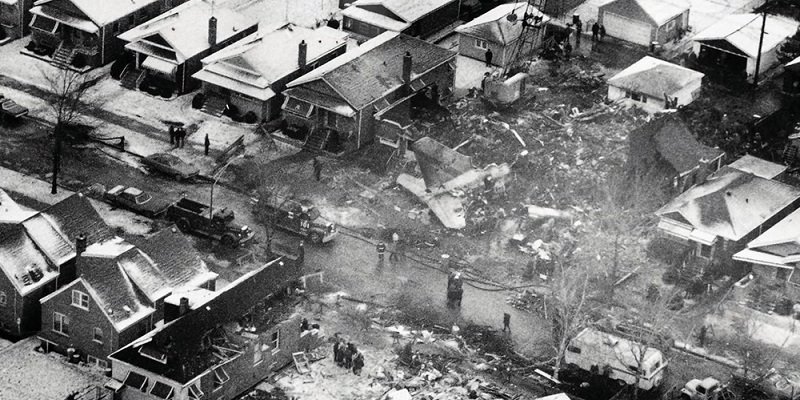
FBI file dismisses conspiracy theories surrounding a Watergate-connected plane crash
One of the more persistent, but less well-known, conspiracy theories surrounding Watergate is the crash of United Airlines flight 553 that killed Dorothy Hunt, a former government employee who was transporting $10,000 in hush money on behalf of her husband and Watergate burglar, E. Howard Hunt. Recently released Federal Bureau of Investigation files, however, tell a different story - one of pilot error, unfortunate coincidence, and an utter lack of foul play.
-
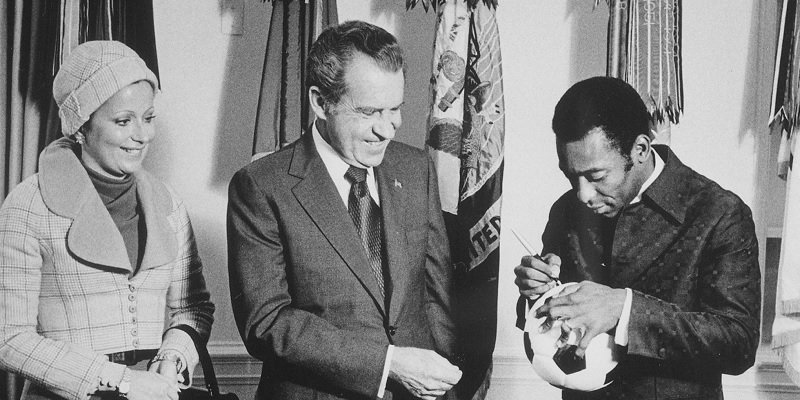
The CIA and Pelé
A 1975 memo from Henry Kissinger uncovered in the Central Intelligence Agency archives details the then-Secretary of State’s talking points for an upcoming Oval Office meeting with Edson Arantes do Nascimento, the Brazilian soccer phenom better known as Pelé.
-

Getting records from a presidential library can take longer than their term in office
The National Archives and Records Administration’s recent announcement that there will be no Barack Obama Presidential Library was met with understandable outrage from historians and transparency advocates, who saw it as a blow to a functioning democracy. However, as the National Security Archive’s Nate Jones was quick to point out, this discussion needs to be understood in the larger context of NARA’s current failings in the presidential library system, where FOIA requests can take years, even decades.